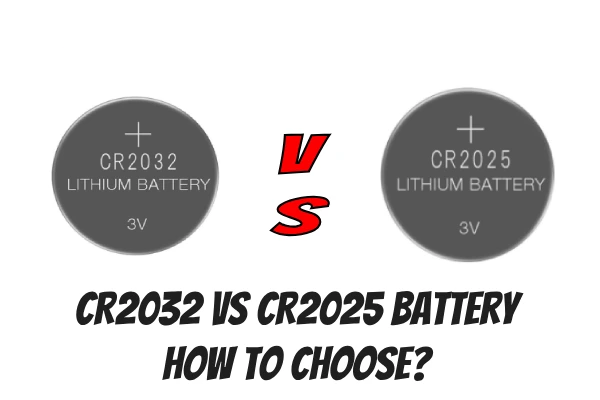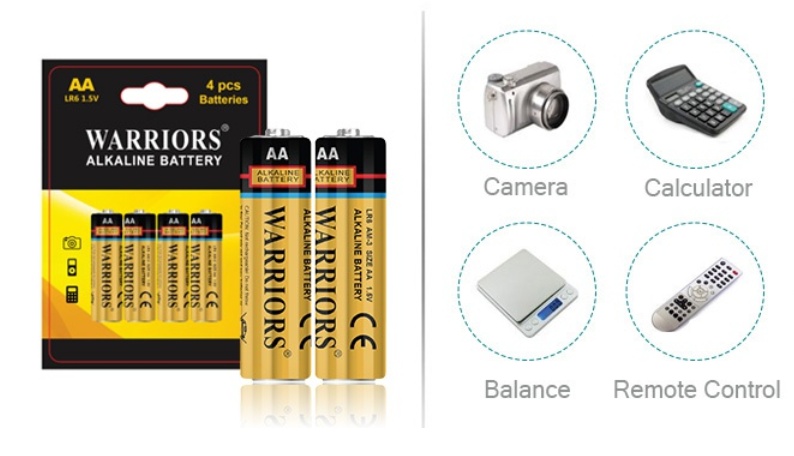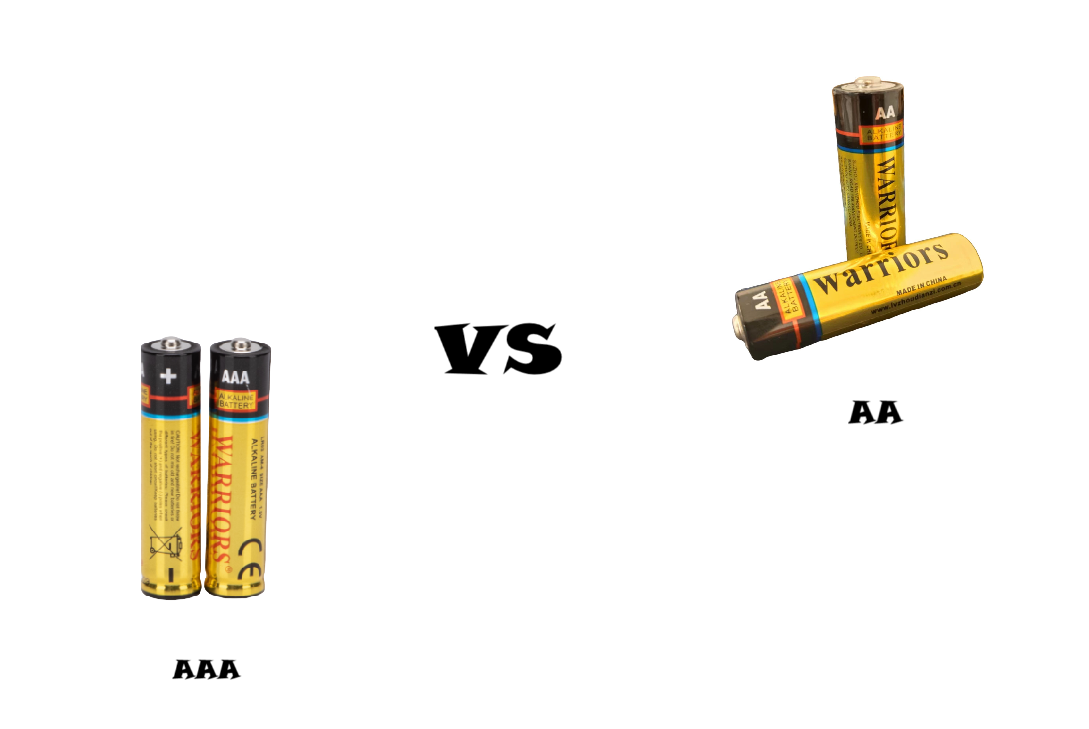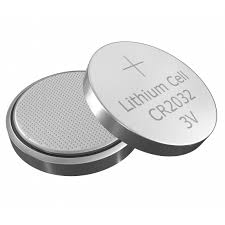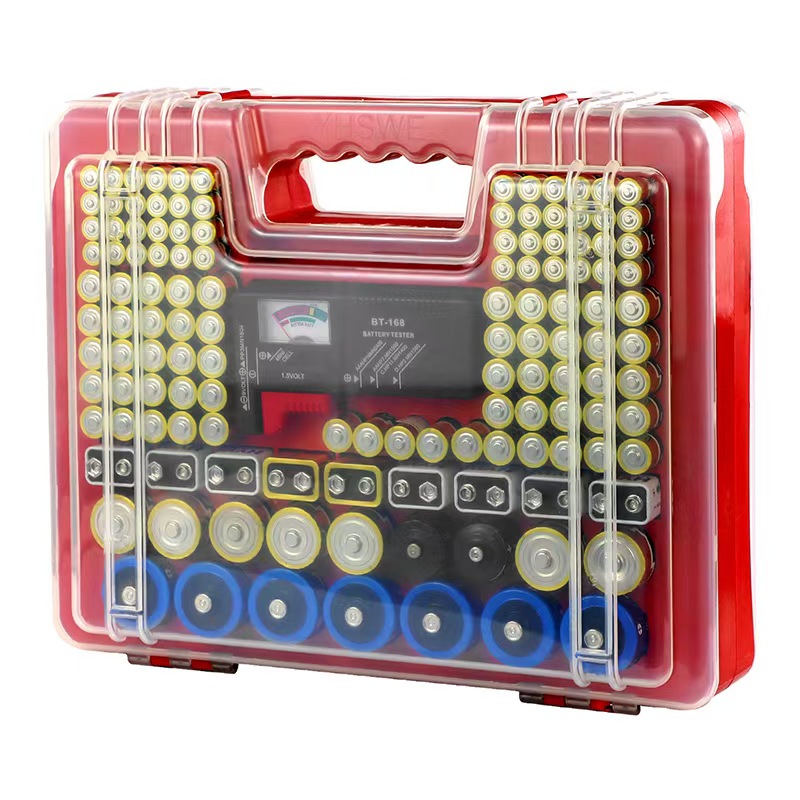Aug 25, 2025
In an era where portable electronics and IoT devices are integral to daily life, the battery sector continues to play a pivotal role in powering consumer and industrial applications. Alkaline batteries and lithium coin batteries, as primary power sources, remain staples due to their reliability and versatility. With the global push toward sustainability and technological advancement, the industry is witnessing steady evolution. This article examines current market dynamics, key trends, and how manufacturers like Warriors are adapting to meet these demands.
Market Dynamics and Industry Background
The alkaline battery market is projected to experience moderate growth in the coming years. According to recent analyses, the sector is valued at approximately USD 9.82 billion in 2025 and is expected to reach USD 14.28 billion by 2032, reflecting a compound annual growth rate (CAGR) of around 5.5%. This expansion is driven by persistent demand from household devices, remote controls, and toys, where cost-effectiveness and long shelf life are priorities. Despite competition from rechargeable alternatives, alkaline batteries maintain dominance in single-use scenarios due to their high energy density and low self-discharge rates.
Similarly, the lithium coin batteries market, often used in compact applications like watches, medical devices, and sensors, is on an upward trajectory. Valued at about USD 5.64 billion in 2024, it is forecasted to grow to USD 8.02 billion by 2032 at a CAGR of 4.5%. Key drivers include the proliferation of wearable technology and IoT ecosystems, which require small, high-performance cells with stable voltage output. However, challenges such as supply chain vulnerabilities for lithium resources and stricter environmental regulations on battery disposal are prompting innovations in recycling and eco-friendly materials.
Broader industry trends in 2025 emphasize sustainability. The rise of battery recycling programs addresses environmental concerns, particularly with directives like the EU's Battery Regulation (EU 2023/1542), which mandates reduced hazardous substances. Manufacturers are shifting toward mercury-free and low-cadmium formulations to comply with global standards, while advancements in material science aim to enhance durability and reduce degradation rates.
Warriors' Contributions and Advantages
As a established player in this landscape, Warriors specializes in high-quality alkaline batteries, lithium coin batteries, and related products like carbon batteries. With over 16 years of experience, the company operates advanced production lines across multiple bases in China, ensuring consistent output for diverse sectors including medical, electronics, and security.
One of Warriors' key strengths lies in its commitment to quality assurance through international certifications such as ISO 9001:2015 and ISO 14001:2015, alongside compliance with IEC standards and REACH regulations. This rigorous approach results in products with defect rates as low as one in 100,000, achieved via automated visual recognition systems. Furthermore, the use of premium raw materials from reputable suppliers contributes to superior performance metrics, including annual capacity degradation below 6% and high uniformity exceeding 96%.
Customization is another area where Warriors excels, offering OEM/ODM services tailored to specific voltage, capacity, and size requirements. This flexibility supports industries facing rapid technological changes, such as 3C digital and measuring instruments. A stable workforce, with low turnover and experienced teams, underpins reliable R&D, leading to annual innovations that improve performance by at least 5%.
Looking Ahead
As the battery market navigates economic fluctuations and environmental pressures, focus will intensify on sustainable practices and integration with emerging technologies like smart homes. For manufacturers, balancing cost, performance, and compliance will be crucial. Warriors positions itself as a dependable partner by prioritizing these elements, fostering long-term industry progress.
制造商正在转向无汞和低碳配方,以符合全球标准,而材料科学的进步旨在提高耐用性并降低降解率。
Read More
